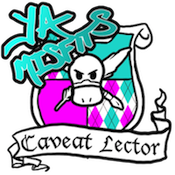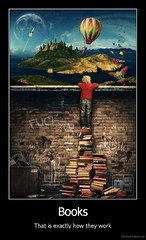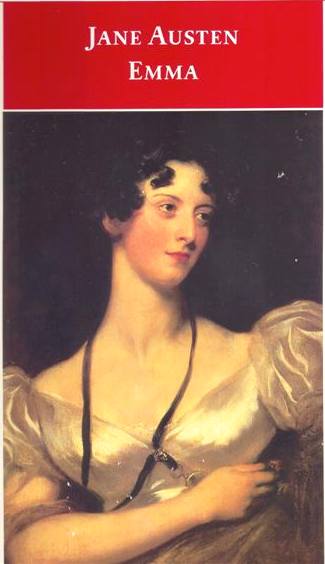Hi sweet readers! I thought I'd do a series of posts detailing my experiences taking Publishing 101 via publication of my debut novel.
My goal is to publish a book that is indistinguishable to my readers from any novel from a Big Five publisher. It can be done - in fact, finding such a novel is the one thing that finally got me off my butt and pushed me to self-publish ONE.
Just as a traditionally published book has a huge team of professionals behind it, ONE does as well. My plan is to blog about every step of the process from agent-approved manuscript to published book.
It's time to talk about.....
LINE EDITS!!!! Wooooot!!!!
(I really like line edits, but if you don't, you're not a freak. One of my besties hates them. So.)
We covered developmental edits in the last two Publishing 101 posts here and here, and in the comments, some of you seemed to think that developmental and line edits were one and the same.
Now, sometimes your developmental editor might go through the MS a second time to do line edits, but it is a completely different type of editing.
The basic difference is this - Developmental editing is macro, line editing is micro.
Developmental editors catch the big stuff; character issues, plot holes, thematic dissonance.
Line editors catch the little stuff.
Here are some examples of what embarrassing little things my line editor found in the FINAL DRAFT of One:
Character Inconsistencies
Things that you "just know" or "just make sense to you" about your character that don't really jive for anyone else.
Example: In one scene, I had Merrin "looking down as usual." That was supposed to communicate that she was shy and timid, a detail of her personality I'd eliminated in FIRST ROUND EDITS. Almost A YEAR AGO. Jamie caught it in my final line edit.
Timeline
I had Merrin driving to school "The next week" but at the end of that passage she said it was "day two" at her new school.
Yep. At Least twice.
Inconsistency in emotion.
Merrin would realize she liked someone, then say a few words that indicated distrust a couple paragraphs later; that made no sense.
Inconsistency in action.
In one scene, I had Merrin climbing on a rock when she can float. I changed her to floating, but never removed the rock. I've known this for two drafts, and somehow had never gotten around to combing through and removing completely.
Stupid lines and tangents that ruin the flow of prose and/or don't make sense.
Erased completely. Enough said.
Extra Spaces. So many extra spaces.
Everywhere. OMG.
By the time Jamie was done doing line edits on a manuscript that I considered absolutely perfect and polished, she had just over 200 line edit notes.
Two hundred.
Two-zero-zero.
Two hundred mistakes that may or may not have been caught by my copy editor and proofreader (those posts to come!) that would have been printed and formatted for digital copies and been there for readers to find and be frustrated over in the version for sale.
So. If you're self publishing, make sure that either your developmental editor or your copyeditor will do fine-tooth-combed line edits. If they don't, hire someone who will. TRUST ME.
See you next time for Publishing 101.3 - COPY EDITS!!!!










